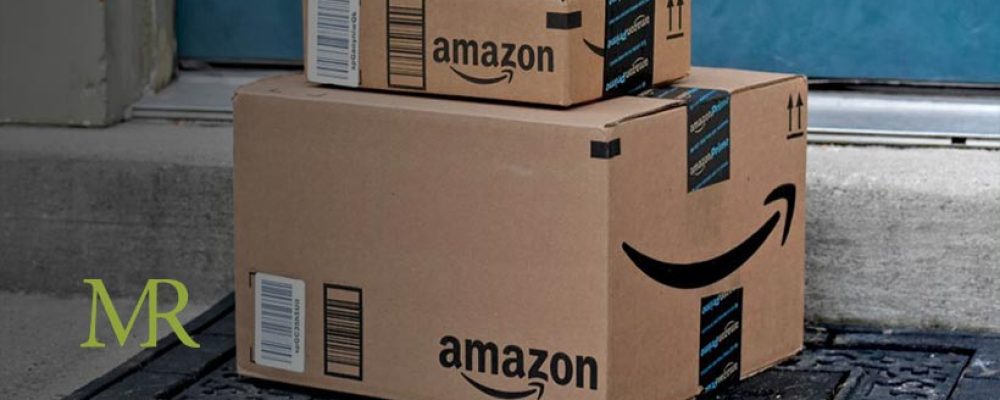Amazon’s recent moves in support of federal cannabis legalization and its decision to end marijuana screening tests for prospective employees indicates the corporate giant wants to enter the legal marijuana marketplace.
In June, Amazon said it would stop cannabis screenings for all positions other than delivery drivers. Not long after though, the company advised its delivery partners to state they would no longer screen its drivers for cannabis use as a way to boost recruitment in the run-up to the festive season.
Amazon, like so many other businesses, is currently having a hard time recruiting staff for low-wage positions and believes this new policy will increase the number of applications for delivery positions by as much as 400 percent.
Then came a blog post from Amazon’s Senior Vice President of Human Resources Beth Galetti in September where she announced the company’s support for an end to federal marijuana prohibition.
She said the current impasse between state and federal cannabis laws makes it challenging for Amazon to have a fair nationwide policy on employee’s marijuana use, noting that cannabis screenings typically impact low-income workers and people of color in particular.
As such, she threw Amazon’s considerable weight behind bills to federally legalize cannabis, including the Marijuana Opportunity, Reinvestment and Expungement (MORE) Act and the Cannabis Administration and Opportunity (CAO) Act, both of which would end federal cannabis prohibition. The Secure And Fair Enforcement (SAFE) Banking Act is a more modest proposal passed by the House that would allow banks to work with state-legal marijuana businesses without the threat of federal reprisals.
Amazon is backing up its public announcements with its lobbying efforts on such legislation behind closed doors. So far, the company has spent $5 million lobbying for marijuana reform.
According to industry insiders, this is all part of Amazon’s plan to become a big player in the legal cannabis space.
“I think Amazon wants to participate in the legalization of cannabis because it may take part in the industry in the future. As an observer, it would make sense that the world’s largest delivery company would be interested in delivering cannabis,” said Melissa Kuipers Blake, a marijuana lobbyist with Brownstein Hyatt Farber Schreck.
Matt Karnes, founder of marijuana consultancy firm GreenWave Advisors, agrees Amazon’s moves are about seeking new business opportunities rather than a principled stance.
“This is the most obvious reason it has been so vocal in federal legalization. It delivers anything. Why not deliver cannabis?” Karnes said.
Whatever Amazon’s motivations, its support for federal marijuana legalization is nonetheless significant and could pave the way for other companies to come out in favor of the reform.
“Any time a business not directly related to the cannabis industry supports legalization, it is a very big deal as it brings credibility to the cause. Amazon has a myriad of issues at the federal level. So, making cannabis a priority may have a tremendously positive influence and add a new voice to the cause,” Blake said.


